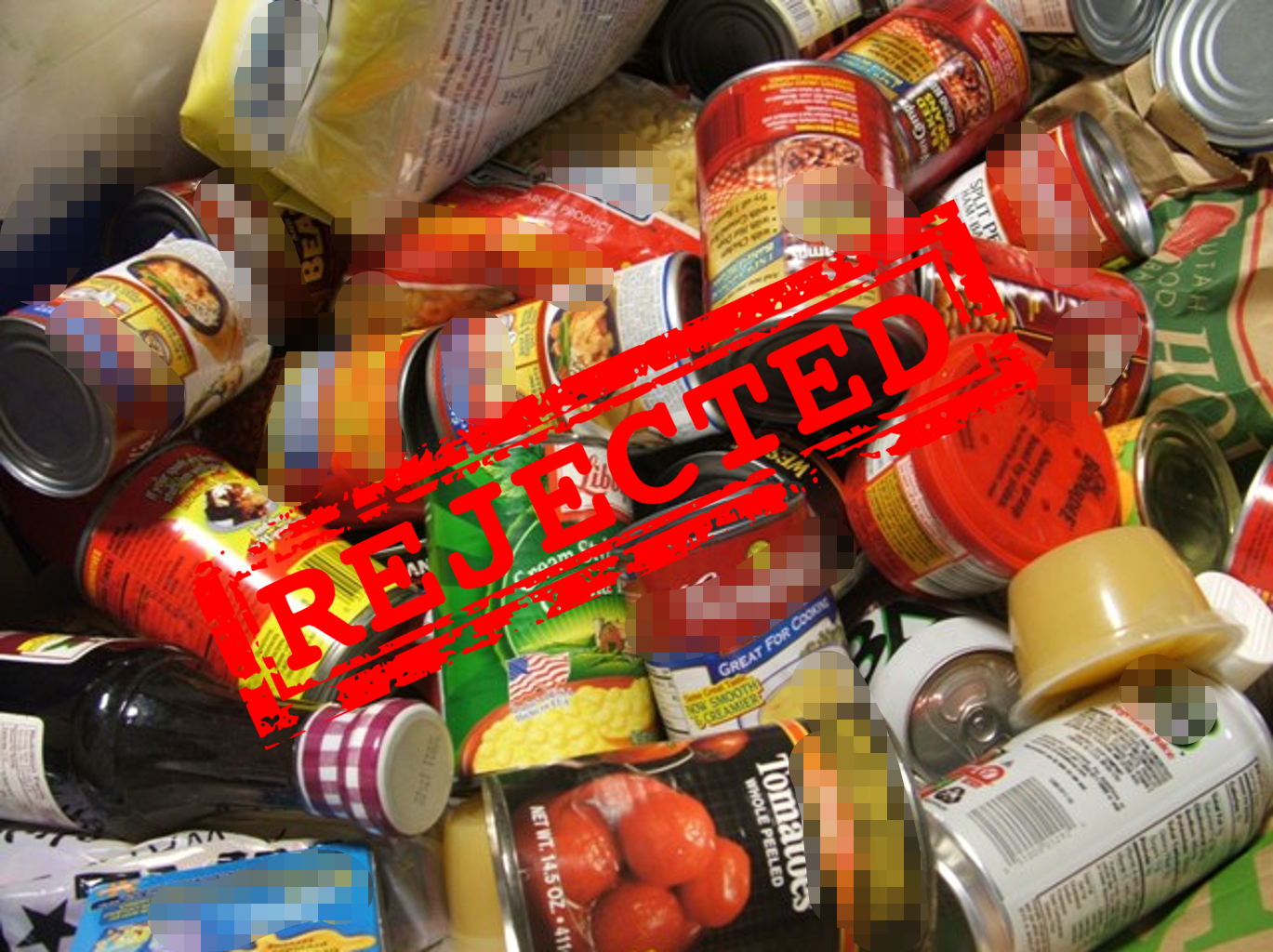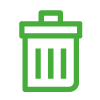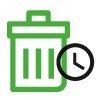- 03-5526 2525
- [email protected]
- Mercu Worldwide, Level 5, No.7, Persiaran Sukan, Laman Seri Business Park, Seksyen 13, 40100, Shah Alam, Selangor.
Special waste is a waste that categorized other than Municipal Solid Waste and waste that can be accepted and disposed at sanitary landfill approved by Department of Environment (DOE). Its requires special handling, trained people, and/or special disposal methods and also because of its quantity, concentration, or physical, chemical, or biological characteristics.

Examples of special waste include:

Non-scheduled waste
All types of wastes that are not categorized as scheduled waste and other than municipal solid waste.
The waste has classified based on the following consideration:

Scheduled waste
Scheduled waste is defined as any waste falling within the categories of waste listed in the First Scheduled of the Environmental Quality (Scheduled Wastes) Regulations 2005, Environmental Quality Act 1974.
There are 77 categories of scheduled wastes listed that divided in five parts:
It is the responsibility of a generator of a waste to classify the waste and determine proper treatment and/or disposal methods. A generator may use process knowledge and/or analytical testing to classify a waste and waste generator know more about how a waste is produced.
If the waste falls under scheduled waste, the acceptance of the waste is subject to the approval from DOE under special management of scheduled waste.
For general enquiry on Special Waste, you may call, walk-in or write to us at [email protected]
